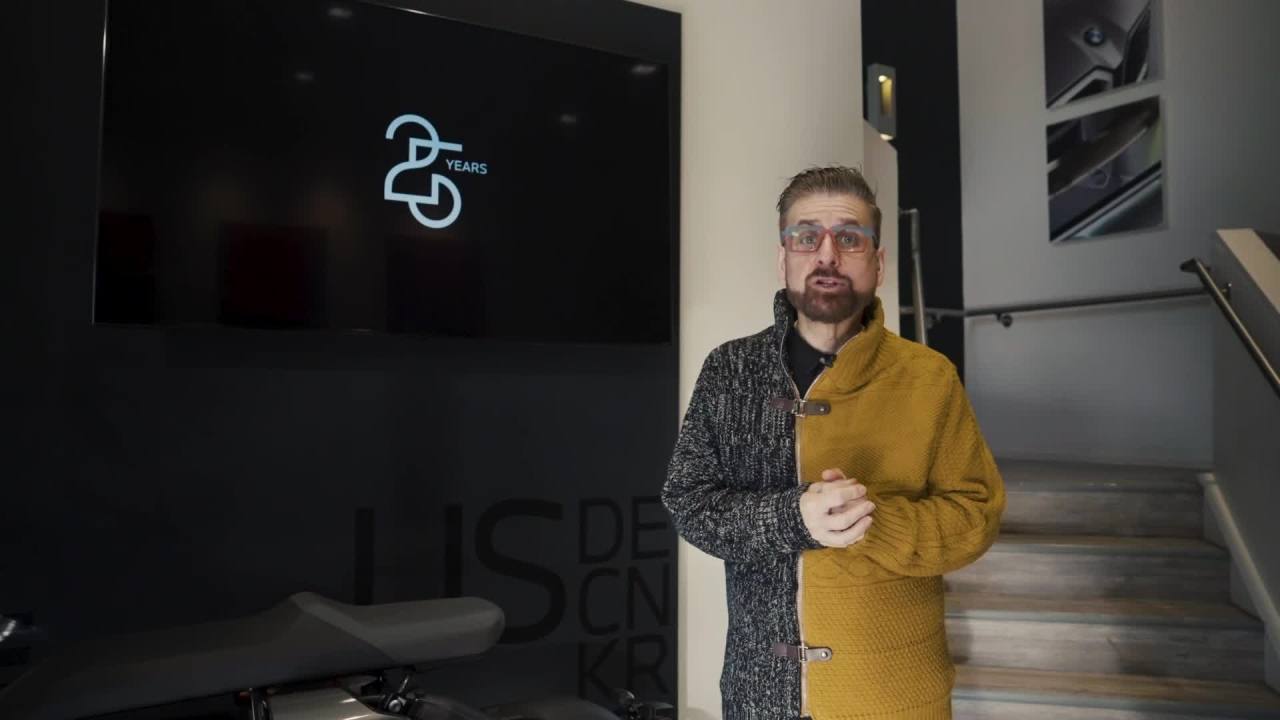
(Our Auto Expert) – Twenty-five years ago, the world was vastly different. Bill Clinton was in the Oval Office, Apple’s iMac was the newest tech marvel, and BMW was unlocking cars with flip phones. Today, that same pioneering spirit drives BMW as they unveil a game-changing electric vehicle capable of over 600 miles on a single charge.
Back in 1998, BMW foresaw the future of automotive technology and established a tech center in Silicon Valley. This center, akin to a modern-day alchemist’s lab, has been at the forefront of automotive innovation. While the world was still getting used to the internet and portable phones, BMW was already integrating technology into their vehicles in ways that were ahead of their time.
Fast forward to today, and BMW’s strides in technology are nothing short of revolutionary. The introduction of solid-state batteries, which BMW has recently begun testing, is set to redefine car manufacturing. With a target rollout by 2030, these batteries are not just a step forward; they’re a giant leap for the automotive industry. This advancement mirrors the transformative impact of other 1998 milestones, such as the debut of the Mach3 razor, which revolutionized the personal grooming industry.
The celebration of BMW Group Technology Office USA’s 25th anniversary is more than just a nod to their past achievements. It’s a showcase of where they are now and a glimpse into the future. The BMW Vision Neue Klasse Concept, unveiled in North America, is a testament to BMW’s continuous commitment to combining cutting-edge technology with automotive excellence. This concept car, set to launch in 2025, embodies the principles of electrification, digitalization, and circularity – cornerstones of BMW’s future vehicle designs.
This journey from the past to the present is marked by significant milestones. In the late ’90s, the buzz was all about AOL 4.0 and the first Harry Potter book. Today, BMW’s innovations are not the stuff of fantasy but are rooted in science and reality. Their global tech network, stretching from Munich to Tokyo, mirrors the interconnectedness brought about by the internet boom of that era.
One of the most exciting aspects of BMW’s technological evolution is their digital key. This feature is akin to the trailblazing tech of the late ’90s, like BowieNet, but for the automotive world. It represents a shift in how we interact with vehicles – no longer just as modes of transport but as integrated parts of our digital lives.
BMW’s innovations are not just about meeting the current trends. They are about anticipating the future needs of consumers. Today’s drivers demand more: longer range, faster charging, and more integrated technology. BMW is responding to these needs, not just through their vehicles but through an entire ecosystem of automotive technology that is smart, efficient, and sustainable.
Looking back at 1998, when the world was simpler, who could have imagined the leaps in technology we would witness? BMW’s journey from using flip phones to unlock cars to developing electric vehicles that push the boundaries of range and efficiency is a testament to their vision and dedication to innovation.
In essence, BMW’s story is not just about cars; it’s about how technology can transform our everyday experiences. From the era of dial-up internet and basic mobile phones to today’s interconnected, digital world, BMW has not just kept pace; they’ve led the way. Their journey from the simplicity of 1998 to the technological wonders of today signals a future where cars are more than just vehicles – they’re extensions of our digital lives, powered by cutting-edge technology and innovation.
